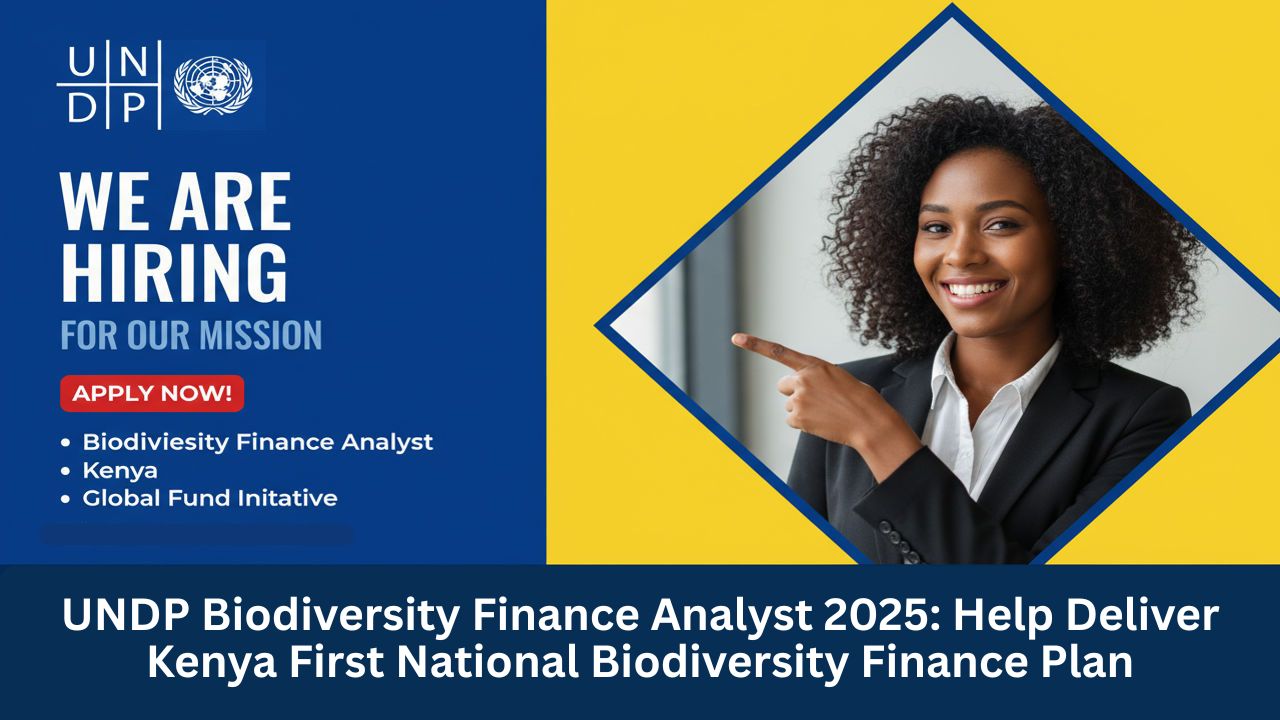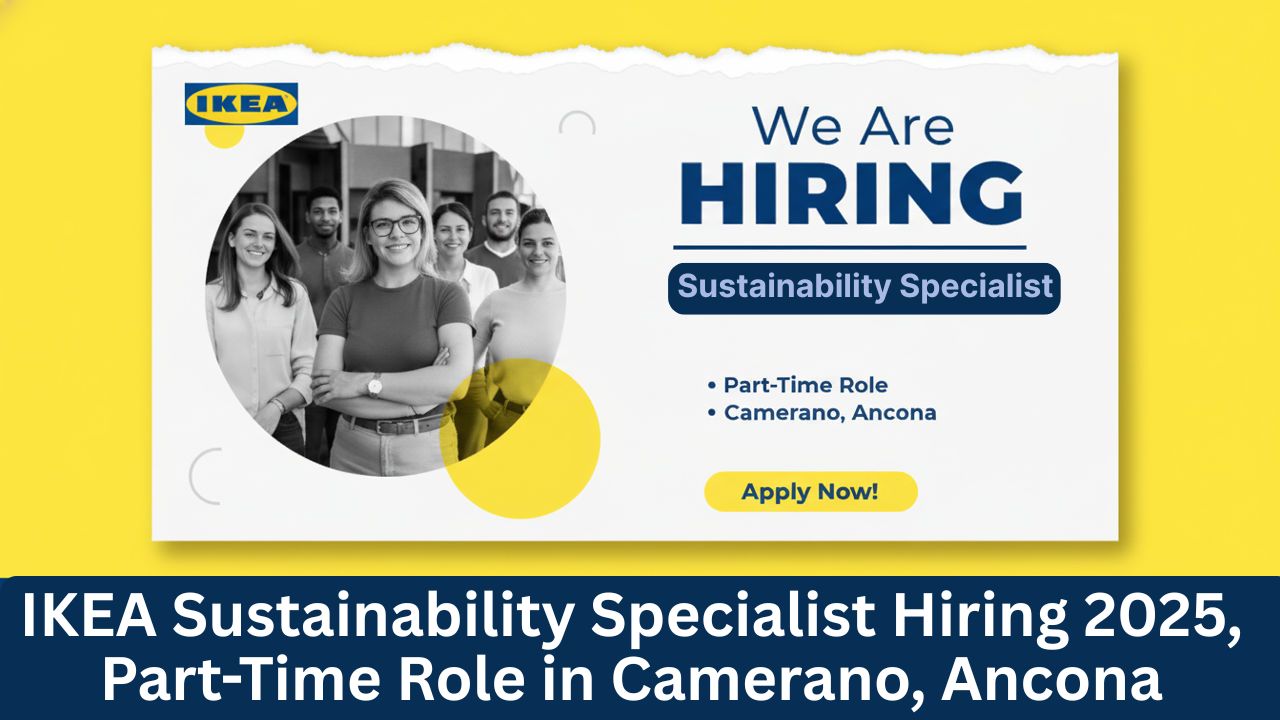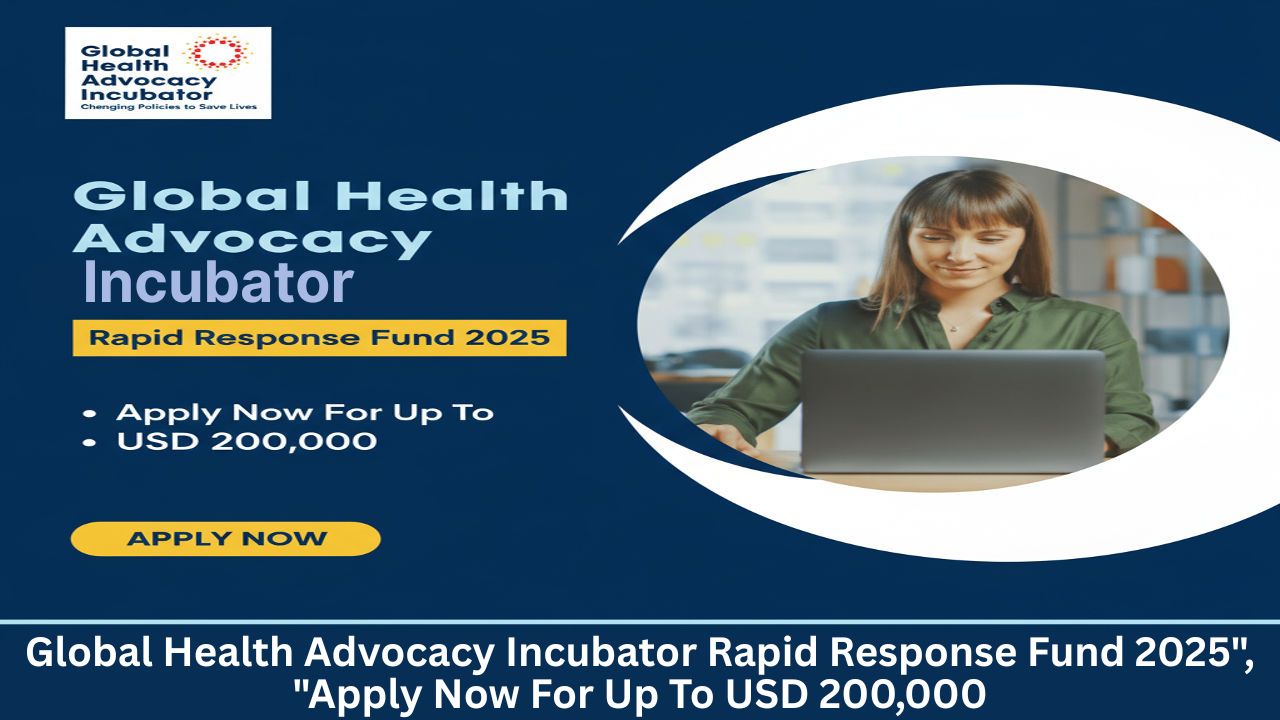ACT Group is expanding its primary team with a Technical Specialist focused on Nature-Based Solutions. This full-time Amsterdam role sits at the center of ACT global project pipeline, covering reforestation, avoided deforestation, soil carbon, regenerative agriculture, and related land use interventions across voluntary and compliance carbon markets. The ideal candidate blends technical rigor in carbon accounting with hands-on project design, due diligence, MRV, and partner enablement. If you love turning climate ambition into measurable outcomes, this role puts you on the field where carbon credits are created, verified, and delivered.
ACT Group Hiring Quick summary
Item |
Details |
|---|---|
Role |
Technical Specialist – Nature-Based Solutions |
Location |
Amsterdam, Netherlands |
Department |
Primary Team |
Contract |
Full time |
Focus |
Reforestation, REDD+, soil carbon, regenerative agriculture, landscape restoration |
Markets |
Voluntary and compliance carbon markets |
Reports |
Cross-functional with Climate Project Managers and Investment Teams |
Travel |
Project dependent, primarily international partner coordination |
Official website |
|
Application mode |
ACT Careers portal |
What the role is about
The Technical Specialist will manage the technical lifecycle of nature-based climate projects, from early screening to carbon issuance. You will translate methodologies into implementable work plans, create robust baselines and project scenarios, build defensible MRV systems, and steer projects through validation and verification. The position combines analytical modeling with partner enablement, documentation, and quality control to ensure projects are credible, certifiable, and bankable.
Core objectives
- Turn pipeline ideas into technically eligible, certifiable projects.
- Quantify mitigation ex-ante and refine ex-post through high-integrity MRV.
- Maintain methodological compliance while optimizing project design and yields.
- Support investment cases with sound risk, feasibility, and financial inputs.
- Deliver on time, on budget, and to the standard required by leading registries.
Key responsibilities
1) Project assessment and design
- Screen potential projects against eligibility requirements in leading standards.
- Build baselines and project scenarios consistent with methodology rules.
- Select the most suitable methodology and stratification approach for land classes and interventions.
2) Quantification and modeling
- Produce ex-ante GHG estimates using approved models and defensible assumptions.
- Set parameters for leakage, permanence, uncertainty, and buffers in line with standards.
- Define sampling designs and monitoring strategies to reduce variance and cost.
3) Feasibility and risk
- Lead technical and environmental feasibility studies and safeguard screening.
- Assess delivery risk, partner capability, and operational readiness.
- Propose mitigation plans covering data continuity, tenure, leakage, and social license.
4) Documentation and MRV
- Draft Project Design Documents, Monitoring Plans, and associated annexes.
- Create field protocols, data dictionaries, and QC workflows for partners.
- Set up dashboards to track KPIs, permanence obligations, and verification windows.
5) Certification and issuance
- Coordinate with validators and verifiers, manage queries, and close corrective actions.
- Prepare issuance packages and registry submissions through to credit delivery.
- Maintain a change log to protect traceability and audit readiness.
6) Methodology and innovation
- Contribute to methodology refinement and new methodology concepts when warranted.
- Pilot improved data collection tools such as mobile forms, sensor streams, and remote sensing ingestion.
- Share lessons learned to standardize best practice across ACT portfolio.
7) Commercial support
- Work with Project Managers and Investment Teams on budgets, structuring, and delivery schedules.
- Provide sensitivity analyses on key yield drivers and verification costs.
- Support partner onboarding with clear technical scopes and KPIs.
Required skills and competencies
- Strong command of carbon standards, methodologies, and MRV systems in NBS.
- Proficiency in GHG quantification, scenario modeling, and uncertainty management.
- Experience writing PDDs and monitoring documents that pass validation the first time.
- Ability to architect practical data collection systems and coach field partners.
- High attention to detail with a structured, checklist-driven approach.
- Clear communication with technical and non-technical stakeholders.
- Fluency in English. Additional languages such as Bahasa are a plus.
Desired qualifications
- 2 to 5 years working on nature-based projects or climate mitigation assessments.
- Master degree in forestry, agriculture, environmental science, engineering, climate change, sustainable development, or carbon accounting.
- Familiarity with baseline surveys, sampling designs, and technical due diligence.
- Working knowledge of carbon accounting models and IPCC guidance.
- Basic GIS and geoprocessing skills and comfort with spatial datasets.
- Experience with statistical analysis for monitoring and verification.
What ACT offers
- Competitive remuneration package with performance-based quarterly incentives.
- Business and communication training, mentoring, and career coaching.
- Flat hierarchy, open communication, and rapid decision cycles.
- Mobility benefits, including NS Business Card for travel within the Netherlands.
- A diverse, inclusive workplace that values initiative and measurable outcomes.
How to apply
Step-by-step
- Prepare a targeted CV and a concise cover letter focusing on NBS, MRV, and certification wins.
- Include two bullet case studies that show your role, methodology used, and verification outcome.
- Apply via the ACT Careers portal on the official website.
- If shortlisted, you will typically go through:
- Screening call with recruitment
- First interview with team members
- Final interview with business leaders covering technical depth and delivery track record
Practical tips to stand out
- Quantify impact. Cite modeled ex-ante tons and issued credits, and note verification bodies involved.
- Show your controls. Describe your QA and documentation approach that reduced CARs or NCRs.
- Demonstrate partner enablement. Explain how you turned a complex methodology into field-ready SOPs.
- Bring a sample. If allowed, show a redacted monitoring plan section or sampling design you created.
- Prove cross-function agility. Mention instances where your technical input improved commercial structuring.
FAQs
Is this role suitable for candidates transitioning from research or consultancy?
Yes, if you can demonstrate applied methodology work, strong documentation, and real project delivery against a registry timeline.
Which project types are most relevant?
Afforestation and reforestation, avoided deforestation, agroforestry, soil organic carbon, and regenerative agriculture across mosaic landscapes.
How much registry interaction is involved?
A significant portion, from methodology selection and PDD drafting to coordinating validation, verification, and issuance.
Do I need advanced GIS?
Basic GIS literacy is expected. Advanced analysis is a plus but not a blocker if you have strong MRV design and quantification skills.
What does success look like in year one?
A portfolio of screened projects with at least one design advanced to validation, a clear MRV toolkit adopted by partners, and improved predictability of timelines and yields.
For More Information Click Here









